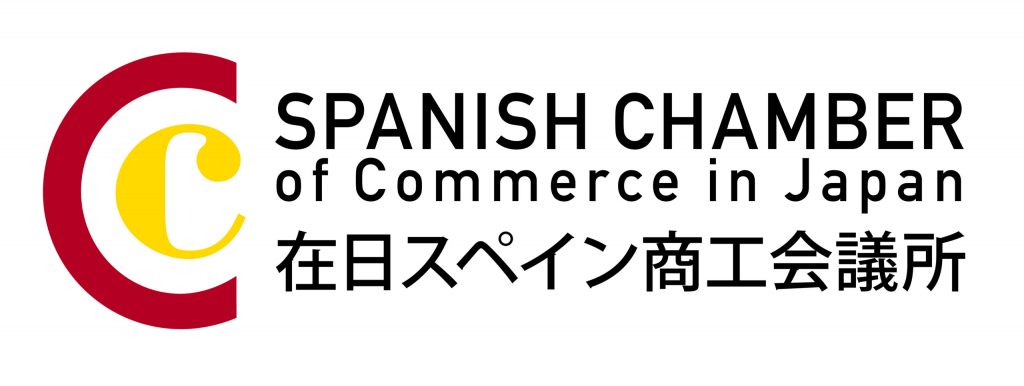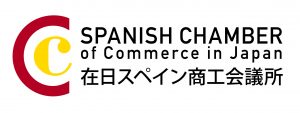
Spanish Automotive Suppliers looking ahead after COVID-19 crisis
Spanish Automotive Suppliers looking ahead after COVID-19 crisis
COVID-19 is having a major impact on the economy and has caused an unprecedented lockdown in automotive manufacturing and retail activities in Europe and worldwide.
The automotive industry is one of the pillars of the Spanish economy. Over 1000 companies supply vehicle parts and components both to the OEMs located in Spain, Europe and worldwide and also for the aftermarket. Spain is the 2nd vehicle producer in Europe and the 9th worldwide and Spanish suppliers export c. 60% of their revenues: €20,754 million in 2019 out of €35,822 million turnover.
Restarting plants and logistical operations across the EU is a highly complex process, that relies on enough demand in the pipeline an on a functioning internal market, which is a difficult task when member states and regions are at different stages in the corona crisis.
Uncertainty and volatility of demand are considered the most critical issues for the automotive supply chain at the moment. The future perspective depends very much on consumer sentiment and demand picking up substantially. Experts have already discarded a fast recovery (V shape) and consider that a slow recovery (U shape) or a recession (L shape) are the possible scenarios. Recovery of 2019 figures is not expected until 2022 or even later, which has urged the Spanish Government to launch a recovery plan that includes measures both to promote demand and to support the industrial capabilities in the whole supply chain, with liquidity and labor measures and to support R&D and innovation.
Demand stimulus through vehicle renewal schemes will kickstart economic recovery, support the relaunch of the sector and therefore safeguard jobs and investment capacity. The automotive industry can act as an engine of overall economic recovery thanks to its impact on other economic sectors and its multiplier effect.
Moreover, the crisis is accelerating the transformation of the sector. The whole automotive ecosystem must look ahead and maintain focus on the objectives towards a sustainable, safer, connected and automated mobility in a digital and carbon-neutral society. Besides the market and production recovery, investment in people and R&D remain essential and the companies need to reconsider their strategic plans in the short, medium and long terms, to become more resource efficient.
The Spanish components industry is leader in materials and production technologies, thanks to its extensive experience manufacturing parts for multiple models of vehicles from different industrial cultures, including the Japanese one. This long tradition is linked to its commitment to innovation. Spanish manufacturers of auto equipment and components invest 4.1% of their turnover in R&D&I; three times the average of Spanish industries. This means that products incorporate advanced technologies and meet the most demanding specifications.
Though equipment and components are largely “invisible”, automotive suppliers contribute to about 75% of the total value of a vehicle. And as cars are increasingly including sensors and electrical and electronic components, this figure will grow. The engineering and technology departments of the Spanish components industry are made up of professionals from technical schools and universities, recognized worldwide for training students to the highest academic standards.
Spanish suppliers are adapting to new times without compromising quality, safety and competitive prices. Their brands have achieved recognition and customers’ trust all around the world.
For Spain, and particularly for automotive suppliers, Japan is amongst the top ten export destinies, if we consider the EU as a whole, with an average increase of 5% in the last 5 years. The FTA signed recently between Japan and the EU will favour trade exchanges due to the harmonization of technical requirements.
Maria Luisa Soria
Public Affairs and Innovation Director in SERNAUTO (Spanish Association of Automotive Suppliers)
